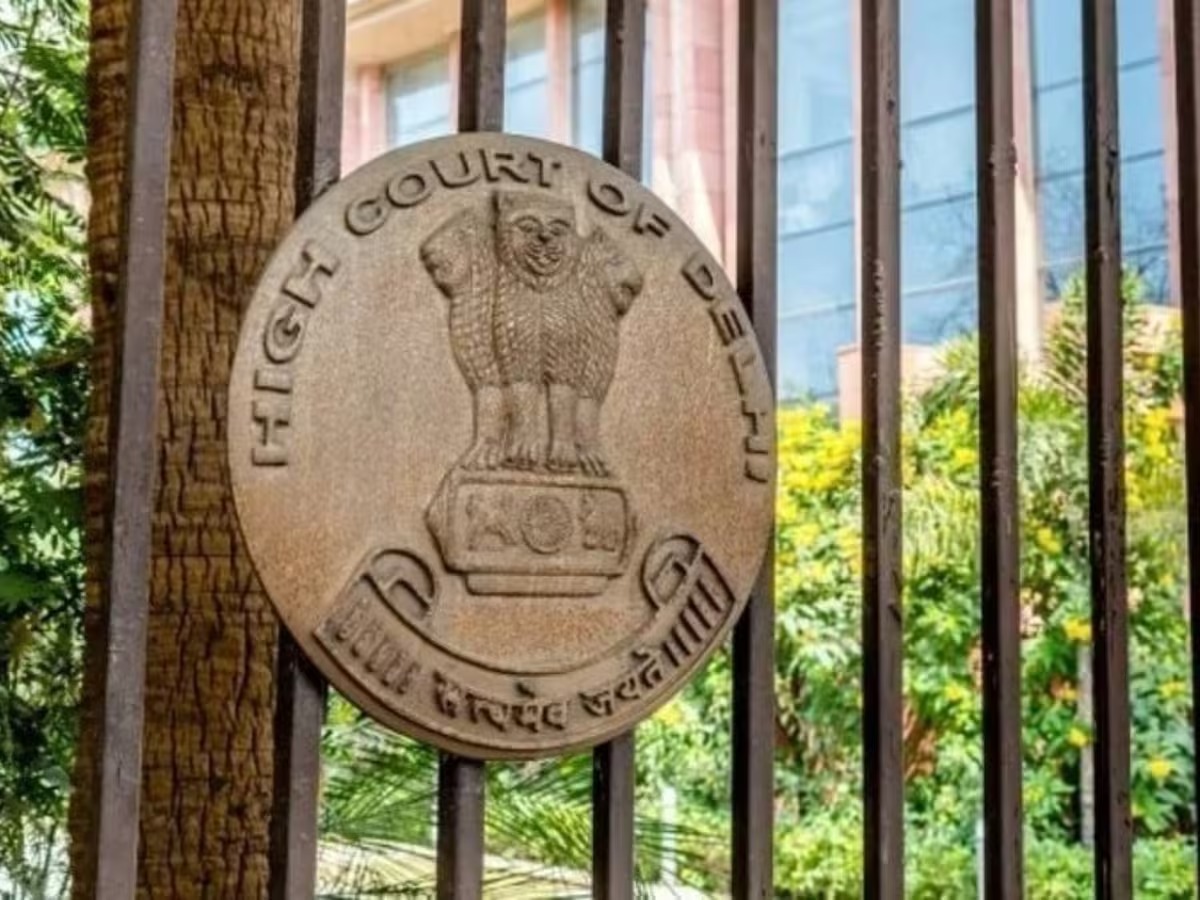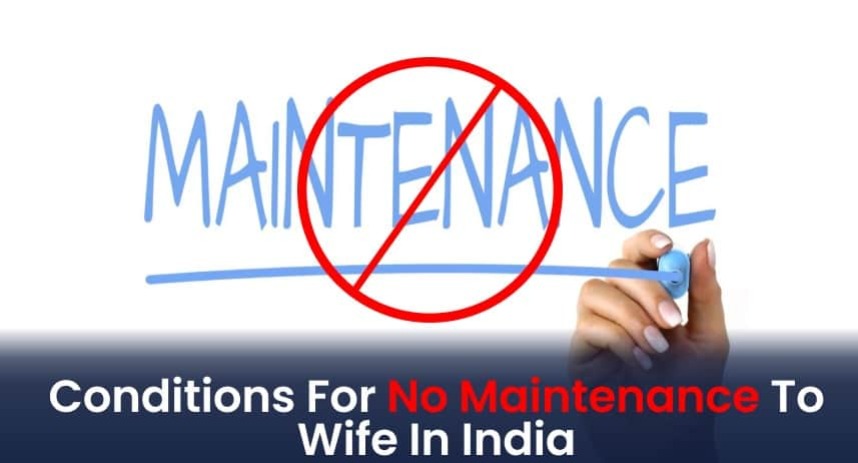S.S. Nijjar, J.@mdashThis writ petition under Articles 226/227 of the Constitution of India seeks issuance of writ of Certiorari quashing the impugned award given by the Industrial Tribunal-cum-Labour Court, Gurgaon (hereinafter referred to as the Labour Court) dated 8.4.1996 whereby the reference has been decided against the petitioner (hereinafter referred to as the workman) and no relief has been granted to him.
2. The workman was appointed as Markingman on 20.8.1979. His services were terminated on 6.5.1984. The demand notice was given on 4.11.1987 i.e. after a period of more than three years. The Management raised a preliminary objection to the effect that the reference was delayed, and therefore, the same deserves to be disallowed on this ground alone. It was also pleaded that two charge-sheets dated 12.11.1983 and 18.12.1983 involving serious misconducts were served upon the workman. The allegations against the workman are that on 11,11.83 atabput 10.30 a.m., he entered the cabin of one Lok Nath, an official of the company and demanded to be given a copy of the Factories Act. Lok Nath informed the workman that he did not have the book and that it would be shown to him later. On this, the workman is alleged to have stated, "If you do not show me the book, I will lift you from this chair and throw you out of this cabin." On the asking of Lok Nath, the workman did not go out of the cabin. He was removed with the help of security guard. It is further alleged that on 17.12.1983 at about 9.40 p.m. the workman came to the gate of the factory. He was entering the gate on a bicycle. He was asked by the guard to enter the factory after getting down from the bicycle. The workman thrust open the gate with the front wheel of his bicycle and entered the factory. He abused ASO Dinesh Chandra. When he was asked the reason for abusing, he lifted a stick and aimed a blow on the head of Dinesh Chandra who saved his head by raising his hand and sustained injuries on his hands. On hearing the commotion, many workers alongwith one Das Gupta came at the gate. They persuaded the workman and he was taken to the Sadar Police Station. Dinesh Chandra was taken to the General Hospital, Gurgaon where he was medically examined. Two separate enquiries were conducted into the charges. The defence put forward by the workman was disbelieved. It was held that the charge-sheet dated 12.11.83 stands proved. The Enquiry Officer also noticed that the workman sought adjournments on 18.2.84 and 25.2.84 which were given to him. He had sought adjournment on 8.3.84 which was also granted to him as a last opportunity. Enquiry was fixed for 10.3.84. The workman had, however, walked out from the enquiry on 8.3.84 and did not sign the two enquiry proceedings. It was also stated that he fully knew that the enquiry had been adjourned to 10.3.84. Since the workman did not turn up on 10.3.84, he was sent a registered letter fixing the date on 20.3.84. This letter was received back with the remark that the workman was avoiding delivery of the letter deliberately. The postman had shown that he visited the workman on various dates from 19.2.84 to 24.3.84. With regard to the incident dated 18.12.83, the Enquiry Officer has held that the charges levelled against the workman are proved, except the charge of abusing Dinesh Chandera, Security Incharge, Keeping in view the aforesaid findings of the Enquiry Officer, the claim of the workman had been rejected.
3. It has been argued by the learned counsel for the petitioner-workman that a fair and proper enquiry was not held against the workman. It has also been argued that the charge with regard to the incident dated 18.12.83 was only partially proved. It was further argued by the learned counsel that the Labour Court has erred in law by relying on the enquiry report in the absence of the proceedings books of both the enquiries. Learned counsel also argued as a parting shot that in any event, the punishment given to the workman is disproportionate to the misconduct proved, and therefore, the Labour Court ought to have exercised the discretion u/s 11-A of the Industrial Disputes Act and reduced the punishment.
4. I have considered the submissions made by the learned counsel.
5. Merely because the proceedings book has not been produced in Court would not render the award illegal. The Labour Court has returned the findings of fact which are based on evidence. The enquiry reports have been brought on the record of the Labour Court. The Enquiry Officer himself appeared as a witness. He has produced all the documents which were produced before him in the enquiry. He has also stated that he is an independent person. He is a practising advocate and had been appointed as an Enquiry Officer by the Management. Furthermore, it is stated that he is not an employee of the company. With regard to the proceedings books, it is to be noticed that in the cross-examination, not even a suggestion had been made to the Enquiry Officer to the effect that the proceedings are deliberately withheld. There is also no suggestion made to the Enquiry Officer to the effect that he had wrongly proceeded ex-parte. In such circumstances, it would not be possible to hold that the award is based on no evidence. It is settled proposition of law that this Court will not sit as a Court of appeal to examine the findings of fact recorded by the Labour Court, whilst exercising the jurisdiction under Articles 226/227 of the Constitution of India. I also do not find much force in the submission made by the learned counsel to the effect that the punishment is disproportionate to the misconduct proved. The Labour Court has given reasons for not exercising the discretion Vested in the Labour Court u/s 11-A of the Industrial Disputes Act. It has been noticed that the workman-petitioner had used unparliamentary language and had misconducted himself. It would obviously not be in the interest of the maintenance of discipline to order the reinstatement of the workman.
In view of the above, I find no merit in the writ petition and the same is dismissed. No costs.
6. Petition dismissed.

